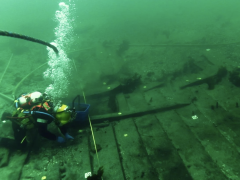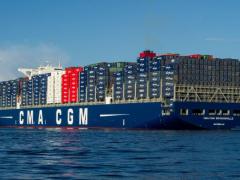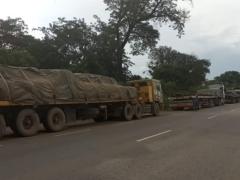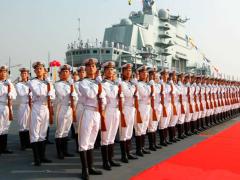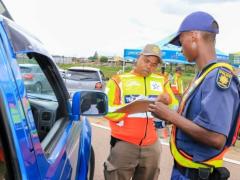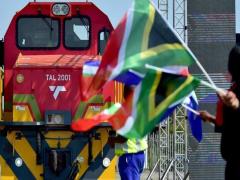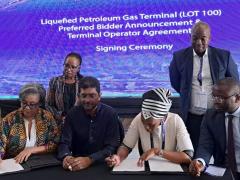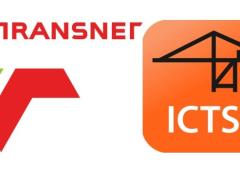Moving project cargo in Africa is no small feat. From unpredictable weather to remote locations and infrastructure gaps, the continent presents a unique set of challenges that demand local expertise, precision planning and absolute commitment. “From our point of view, the fundamentals of planning project cargo are similar across most regions,” said Stefan Marggraff, general manager at Absolute Logistics. “But in Africa, local conditions and logistical constraints require a much deeper level of on-the- ground understanding.” According to Marggraff, the logistics of moving oversized or heavy-lift cargo begins long before any wheels touch the ground. Planning involves identifying suitable transport equipment, meeting shipping line and port authority requirements, conducting detailed route surveys and arranging everything from escort vehicles to employee logistics. “You need to know the cargo intimately – its weight, dimensions, lifting points and how it must be fastened during transport,” said Marggraff. “Only then can we match it to the right trailers and equipment.” Understanding the risk is just as important. “The risks are also comparable with those in other areas, ranging from delays due to weather conditions to unforeseen events like an accident, or even external factors such as other vessels being prioritised in the port.” In Africa, however, one also has to contend with the complexity of infrastructure and access. For large-scale moves to be feasible, basic access to project sites is non-negotiable. This can be extremely challenging in Africa. If roads are impassable or unable to support heavy equipment, remedial work must be carried out before cargo even begins its journey. “That’s why logistics planning in Africa starts with the route, and the key to overcoming infrastructure challenges lies in the route survey,” said Holger Jensen, CEO of Absolute Logistics. Success in African project logistics, however, does not just depend on equipment and planning, but also on one’s ability to build strong partnerships with local communities, authorities and cross-border agencies. “We have our own in-house cross-border clearing department and work closely with agencies at each border post,” said Marggraff. “Local compliance is non-negotiable. Authorities must be engaged early and all permits secured before movement begins.” Absolute Logistics is currently involved in the second phase of the Diaz II Wind Farm project near Lüderitz in Namibia. The company has been overseeing the transport of tower sections from port to the Sperrgebiet site. Equipment being deployed includes modular, multi-axle trailers for heavy components, extendable trailers for abnormal-length cargo, and reach stackers for offloading. As part of the ongoing project, the company successfully transported some of the longest wind turbine blades ever moved in Africa – each measuring 83.5 metres. In addition to the blades, the team also transported seven generators, each weighing approximately 125 tons. LV
Intimate knowledge of the cargo crucial
Comments | 0

